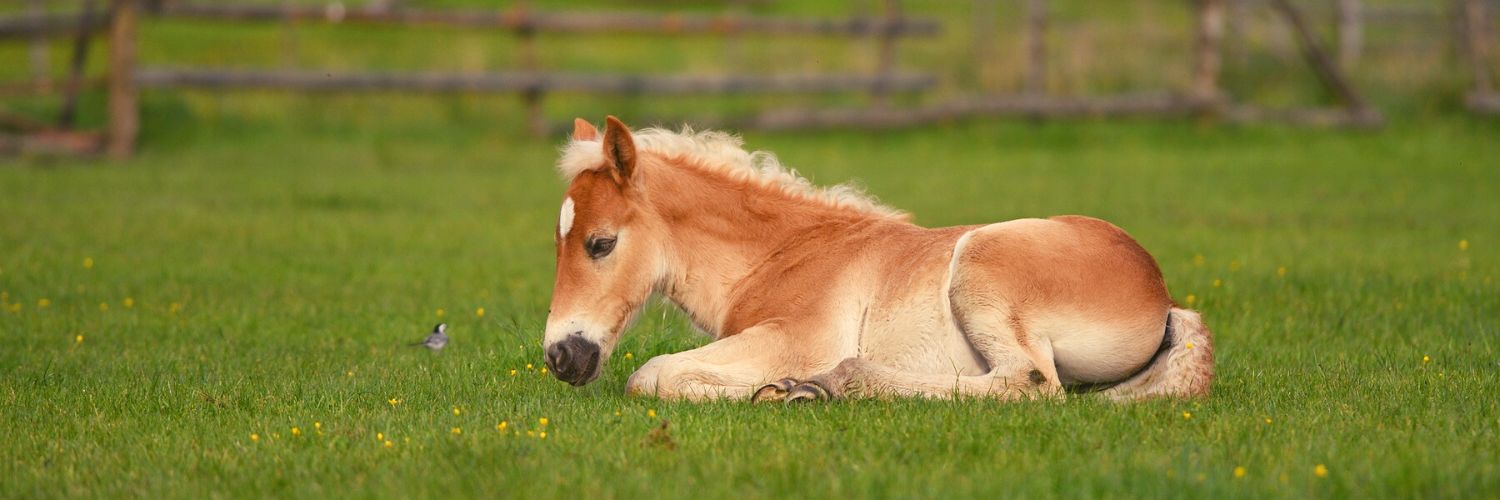shelter pets in need
Each order helps pets in need

Awww…what’s not to love about cute baby horses? Take a look and see some of the cutest baby foal pictures ever taken. You'll instantly fall in love with photos of these little darlings!
Foals, or baby horses, are possibly the cutest animals on the planet. Here are a few things you should know about these adorable creatures:
Foals can walk within hours of being born, but they won’t be very steady at first. Their legs are long and gangly, and they’re still getting used to how they work! Foals will spend most of their time sleeping, nursing, and playing for the first few months of life.
A foal’s diet consists entirely of its mother’s milk for the first 4 to 6 months. Foals need a lot of nutrients to support their growth, so they nurse frequently—about once every hour or two. As they get older, foals will start nibbling on grass and hay, and will be fully weaned around 6 months of age.
Foals grow rapidly, gaining 2-3 pounds per day in the first month. A foal can double its birth weight in just a month! By 6 months, a foal is nearly as tall as an adult horse. Foals continue growing until they are 2-3 years old when they reach full maturity.
Foals are naturally playful and energetic. They love to run, buck, and play with their mothers and other foals. Play helps foals develop coordination, balance, and strength. Watching a group of foals frolic in a field is sure to brighten your day and warm your heart.
Foals are sweet, adorable, and oh so cute. If you ever get the chance to see foals in person, take it. Their youthful energy and playfulness will instantly make you smile and fill you with joy.

Raising a foal is incredibly rewarding, but also a big responsibility. These little ones necessitate round-the-clock
Raising a foal is incredibly rewarding, but also a big responsibility. With patience, love and proper attention, you'll help your little one grow into a happy, healthy horse. Cherish the moments - they grow up so fast!

When choosing a foal to own, consider how much space you have and how much you can properly
Think about your experience level and how much of your schedule you can dedicate. Owning a foal is rewarding but demanding work. Understand their nutritional, medical and training needs before getting one.
Spend time with the foal and see how it responds to you. A friendly, curious foal that seems to enjoy human contact will likely be easier to work with.
Watch how it moves and reacts to new things. A foal should seem coordinated, alert but not fearful or aggressive.
Ask the breeder about the foal’s lineage and early experiences. Foals that have been handled frequently from an early age tend to be calmer and learn better. Discuss the parents’ temperaments as well, as these traits are often passed down.
Choosing a foal is a big responsibility but can be extremely rewarding. Do your research, understand what is required for proper handling and find one with a personality you connect with. Your new foal will be your companion for many years to come.
Take a look at our collection of horse shirts! A fourth of the proceeds are donated to no-kill animal shelters.
Foals, or baby horses, can vary quite a bit in price depending on the breed and quality. You can expect to pay between $500 to $50,000 for a foal.
The average price for a foal of average quality is $5,000 to $10,000. The initial cost of a foal is only part of the total cost of ownership, however.
You'll also have to factor in costs for quality feed, shelter, fencing, training, and routine veterinary check ups which can cost $3,000-$5,000 per year.
Foals require daily attention and commitment. While foals can be rewarding, they are a big responsibility. Some things to consider before getting a foal:
If you're up for the responsibility, raising a foal can be a very rewarding experience. But make sure you understand all that is involved before getting one.
Some foal breeds that are typically easygoing and suitable for beginners include:
These breeds tend to be calmer and more forgiving of novice owners and riders. However, every foal has its own unique personality, so look for one with a temperament that matches what you're looking for.
Leave a comment